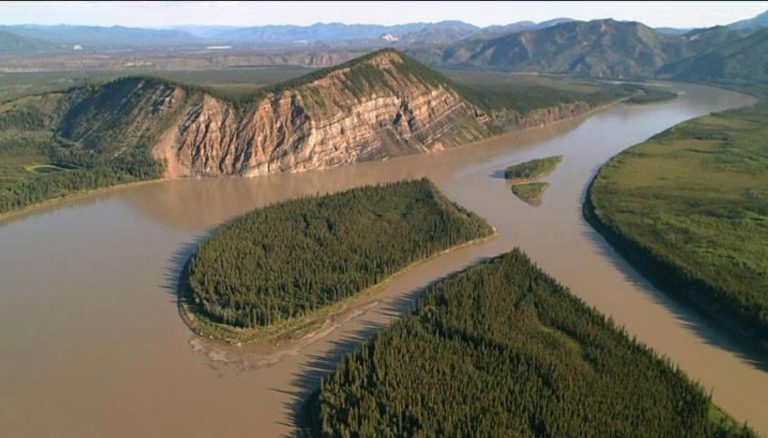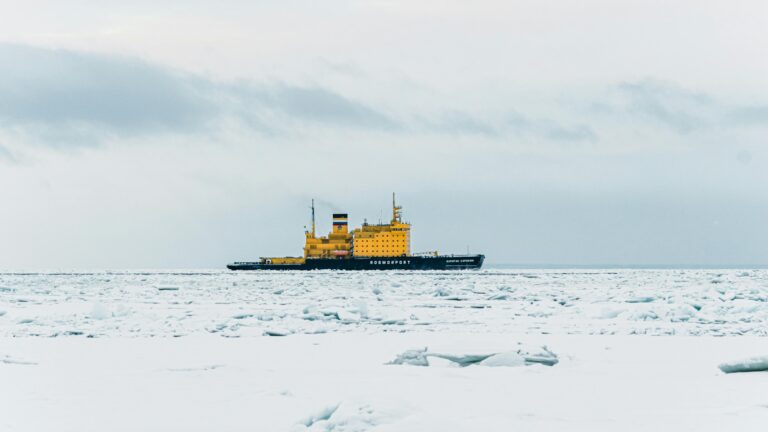By MICHAEL TAVOLIERO
Over the past decade, Alaska’s Legislature has exhibited a pattern of fiscal behavior marked by spending growth, political expedience, and an unwillingness to impose measurable performance accountability on state agencies. Annual Comprehensive Financial Reports (ACFRs) from 2014 through 2024 show a consistent rise in total governmental expenditures, an average annual increase of approximately 3.8 percent, even as unrestricted general fund revenues have remained flat or declined. This divergence underscores the Legislature’s reliance on temporary revenue fixes, primarily the Percent of Market Value (POMV) draw from the Alaska Permanent Fund and federal grants subject to matching or Maintenance of Effort (MOE) requirements.
Where Our Money is Going
Campaign finance records and public expenditure patterns reveal the underlying incentives. Legislative majorities across both parties have consistently directed appropriations toward sectors with entrenched political influence, construction, organized labor, education associations, and public health contractors. These entities also account for a disproportionate share of campaign contributions. In return, key legislators, particularly those on finance and budget committees, have maintained appropriations levels that shield these interests from reform. This feedback loop has preserved the state’s structural deficit while eroding legislative credibility in fiscal restraint.
Resistance to Efficiency and Accountability
Efforts at performance-based budgeting and efficiency audits have repeatedly failed to produce substantive savings. Reports from the Office of Management and Budget and the Legislative Auditor document persistent inefficiencies in procurement, Medicaid reimbursements, capital project management, and departmental overlap. Despite these findings, no consistent enforcement or accountability mechanisms have emerged.
Consequently, service delivery outcomes, from healthcare to public safety, have not improved in proportion to spending increases, while administrative overhead continues to rise. The result is a government that spends more without performing better and arrogantly justifies the necessity to improve its performance by demanding more.
The ERA Reflects Legislative Irresponsibility
The depletion of the Earnings Reserve Account (ERA) reflects the cumulative effect of the Legislature’s fiscal indiscipline. The Legislature treats the ERA as a pressure valve rather than a reserve, depleting it to sustain baseline expenditures rather than adjusting operations to available revenues. The result: the ERA has become the single point of vulnerability in Alaska’s fiscal architecture.
While Senate Joint Resolution 14 (SJR014A) proposes to eliminate the ERA and constitutionally cap withdrawals at 5 percent of a five-year average, the Legislature’s demonstrated appetite for spending indicates that such a limit will simply formalize dependency rather than restrain future legislatures.
Current Flawed System vs Equally Flawed One Fund “Solution”
Alaska’s long-term fiscal outlook can be viewed through two scenarios: continuing the current two-account structure of the Permanent Fund (Principal + Earnings Reserve Account) or adopting the single-fund endowment model proposed under SJR014A.
Based on ACFR data, key assumptions include an average spending growth rate of 3.8 percent (FY2014–FY2024), a $350 million revenue change for every $10 shift in oil prices, investment returns averaging 6.25 percent nominal (3.75 percent real after 2.5 percent inflation), and a 5 percent Percent of Market Value (POMV) draw based on a five-year average.
Under the current two-account system, the state enters FY25 with about $3.6B uncommitted in the ERA and an upcoming POMV near $4.0B. Treating the full draw as a budget fixture, if markets stay flat and spending grows, the ERA could be depleted by FY28–FY29, forcing either a smaller draw, pro-cyclical realizations, or a constitutional change to access the principal. At $60 for oil, the unrestricted gap is more like $600–$800M. Over a decade, the Fund could remain about $80–$85B yet still lose about 15–20% of real value, masking erosion behind stable headline figures.
Under SJR014A’s single-fund endowment, Alaska would consolidate the accounts into one $83 billion fund with a constitutionally capped 5 percent draw. This structure removes the risk of ERA depletion and prevents direct overspending, but it does not address the Legislature’s reliance on Fund earnings for operations. With a 3.75 percent real return and 5 percent draw, purchasing power would decline about 1.25 percent annually, roughly 12–14 percent by FY35. Oil prices between $60–$70 per barrel would further solidify dependence on the POMV as the main revenue source, producing stability but no growth.
The contrast between the two systems lies in speed and volatility of decline. The current model risks short-term insolvency through ERA exhaustion, while the single-fund endowment trades that risk for slower, steady erosion of real value. Both paths lead to the same conclusion: without disciplined governance and spending restraint, government dependence on the Permanent Fund will undermine the very legacy it was created to protect.
Only Solution: Government Discipline
Under current fiscal behavior, anchored more in spending than stewardship, Alaska continues to build its operating budgets around the full 5% POMV transfer, treating the draw as a guaranteed revenue stream rather than a prudential ceiling. The past decade reveals a pattern of legislative conduct focused on sustaining politically advantageous expenditures rather than pursuing systemic reform. Special interests have shaped appropriations, while audit findings on waste, fraud, and abuse have gone unheeded. The result is a government structurally reliant on federal matching dollars and the Permanent Fund to subsidize inefficiency.
SJR014A adds structural discipline by eliminating the ERA and constitutionally capping annual draws at ≤5% of a five-year average, reducing exposure to short-term overspending. But outcomes still hinge on fiscal behavior: if Alaska continues spending without measurable results, resists consolidations, and relies heavily on MOE-tied federal funds, the Fund’s real value can still decline whenever long-run real returns trail the draw. With oil prices likely hovering in the $60–$70 range (i.e., below historic windfalls), revenue pressure will continue, increasing reliance on the POMV transfer unless broader spending reforms occur.
Ultimately, the question is not whether the Permanent Fund will remain permanent, but whether Alaska will. The Fund’s future depends not only on market returns but on political will. Without a decisive turn toward fiscal conservatism, rooted in measurable performance, program accountability, and expenditure reduction, both the two-account system and the SJR014A model will converge toward the same outcome: erosion of real wealth and loss of intergenerational trust. The Permanent Fund was designed as a shield against the state’s own excesses; whether it endures will depend on whether Alaska can learn to live within its means.









